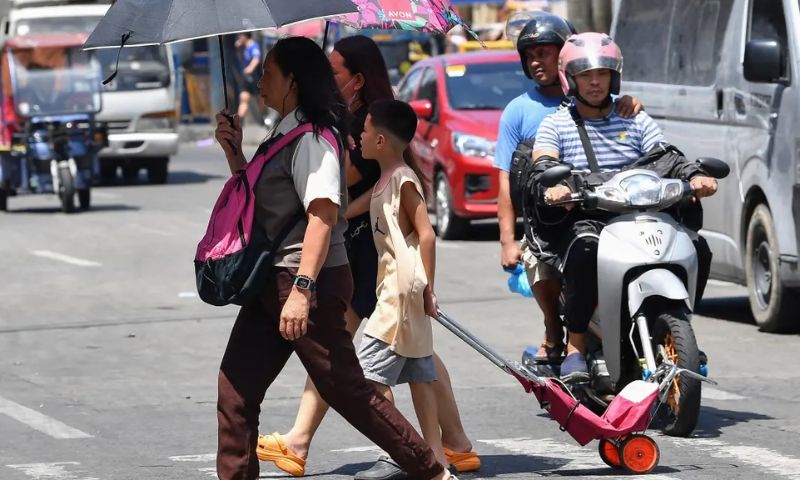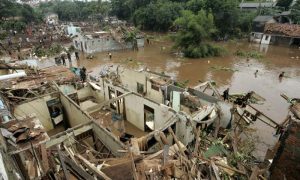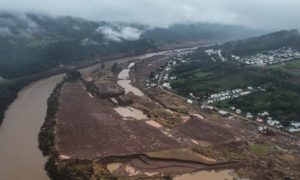MANILA, Philippines: The Department of Education in the Philippines announced the suspension of in-person classes across all public schools for two days due to extreme heat and a nationwide strike by jeepney drivers. This decision comes as Southeast Asia experiences scorching temperatures, forcing thousands of schools to halt in-person operations and issue health advisories. With many schools lacking air-conditioning and facing overcrowded and poorly ventilated classrooms, students’ well-being became a concern amid the intense heat.
In response to the latest heat index forecast and the impending nationwide transport strike, the Department of Education mandated asynchronous classes and distance learning on April 29 and 30, 2024. The suspension affects over 47,000 schools across the country, aiming to ensure the safety and comfort of students amidst the sweltering conditions.
The planned nationwide strike by jeepney drivers adds to the challenges faced by the education system. These drivers intend to protest the government’s initiative to phase out smoke-belching vehicles, which many Filipinos rely on for commuting to work and school. The convergence of extreme heat and transportation disruptions underscores the complexities of managing daily life in the Philippines, particularly during periods of environmental stress and social unrest.
Manila recently recorded its highest-ever temperature, reaching 38.8 degrees Celsius, accompanied by a heat index of 45C. The scorching weather prompted people to seek refuge in air-conditioned malls and swimming pools, highlighting the struggle to cope with the heatwave’s intensity. The situation is exacerbated by the El Nino weather phenomenon, which amplifies heat and dryness during the months of March, April, and May.
As temperatures continue to soar, concerns about electricity bills and the need for cooling solutions become more prominent among residents. The rising temperatures are not limited to Manila, with other regions experiencing record highs, indicating the widespread impact of climate change in the country. The Philippines, already vulnerable to climate-related risks, faces heightened challenges as global temperatures continue to rise.


























